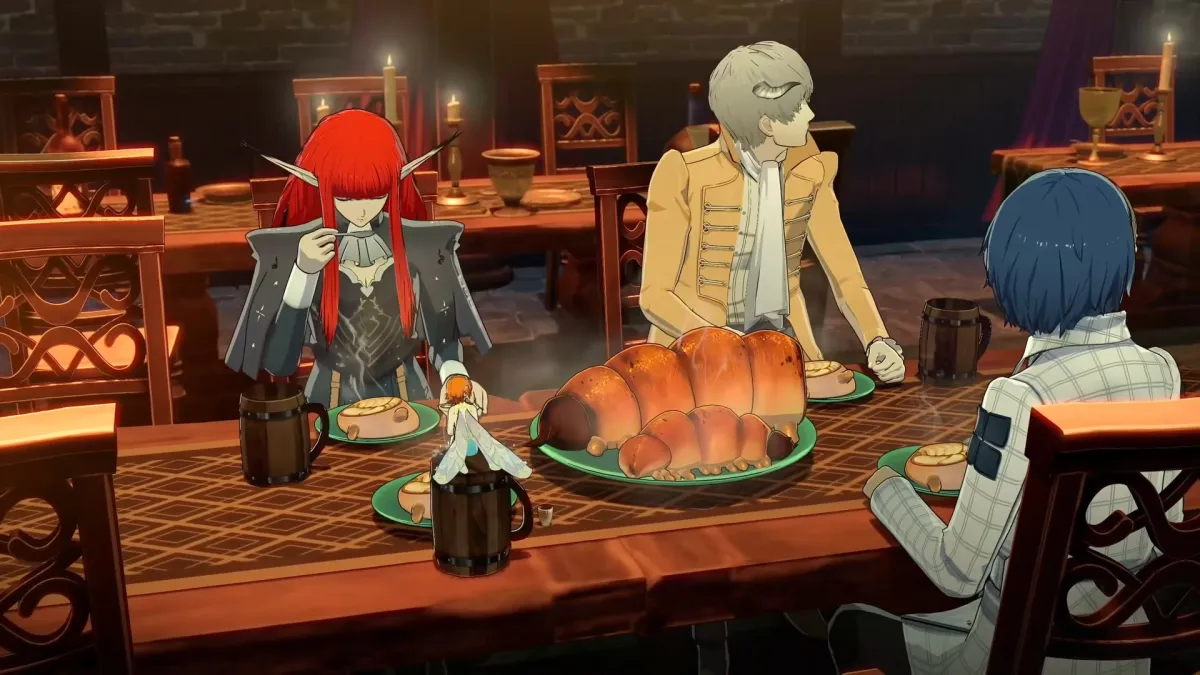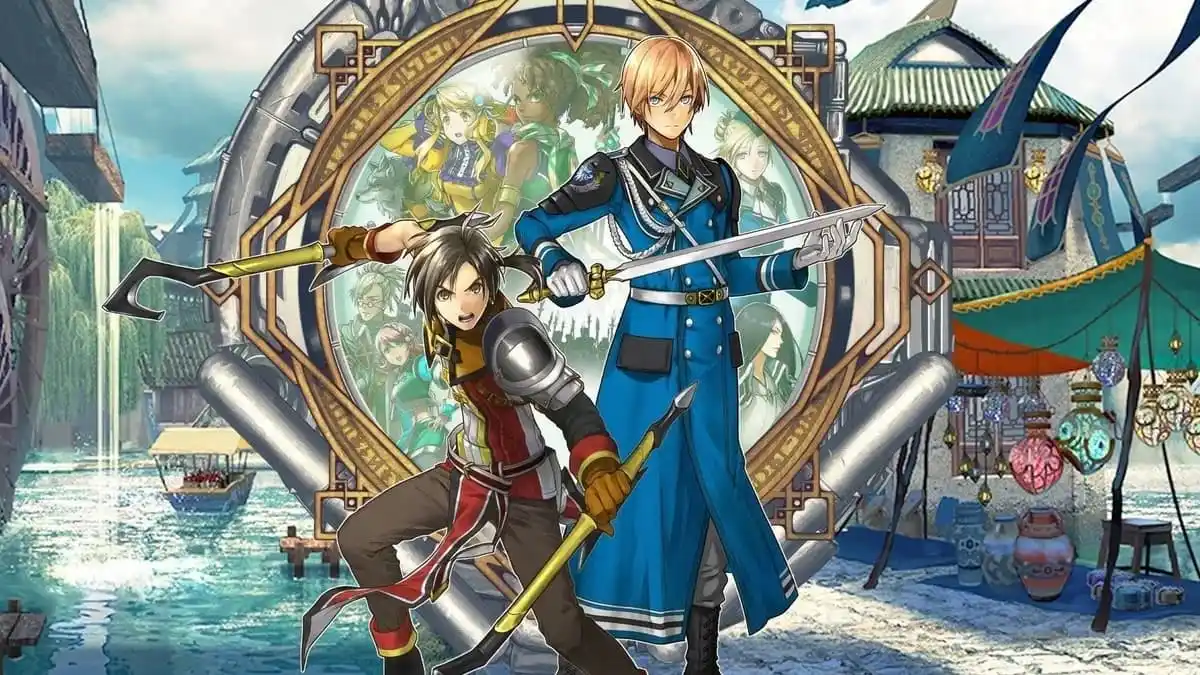
The FCC has voted to accept revised changes to net neutrality rules and is now seeking public input on the matter in a process that chairman Tom Wheeler said could last for the rest of the year.
The FCC has voted to move ahead with plans to overhaul the way it regulates the internet, which could see preferential treatment granted to major media companies and others willing to pay for a “fast lane” into consumers’ homes. The updated rules would prevent internet providers from blocking access to content by mandating a “minimum level of access,” which on the surface sounds like a positive step, but it also allows them to operate within the limits of vaguely-defined “commercially reasonable” practices, which may allow them to provide preferential access to those who can afford it.
Wheeler, however, insisted that his aim is to ensure the internet remains open and accessible to all. “There is one internet. It must be fast, it must be robust and it must be open,” he said in a statement. “The prospect of a gatekeeper choosing winners and losers on the internet is unacceptable.”
The FCC will now seek input from the public on the matter, including how to define what qualifies as “commercially reasonable,” whether “paid prioritization” should be banned outright and even whether the internet should be classified as a common carrier service – essentially a utility – which would give the FCC much more authority over it. A reclassification would face stiff challenges from House Republicans, however; a letter sent to Wheeler and signed by House Speaker John Boehner, House Majority Leader Eric Cantor and others says that classifying the internet as a utility “threatens to slow job creation and jeopardizes our economic recovery.”
Regardless of the approach taken, Wheeler insisted that the intent is not to create fast and slow “lanes” for specific types of content, saying that nothing in the proposal “authorizes paid prioritization.”
“Personally, I don’t like the idea that the internet could be divided into haves and have-nots, and I will work to see that does not happen,” he said. “As a former entrepreneur and venture capitalist, I know the importance of openness. I will not allow the national asset of open internet to be compromised. I understand this issue in my bones. I have scars from when my companies were denied access in pre-internet days.”
The public consultation process will begin with a 60-day period for public comment, followed by another 60-day period for response.
Sources: The Verge, The Wall Street Journal


